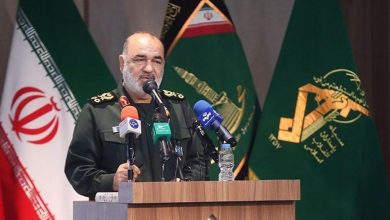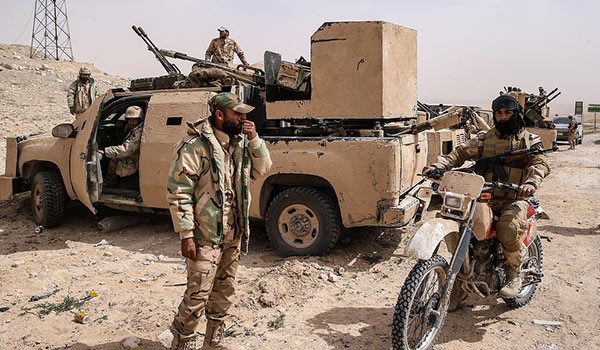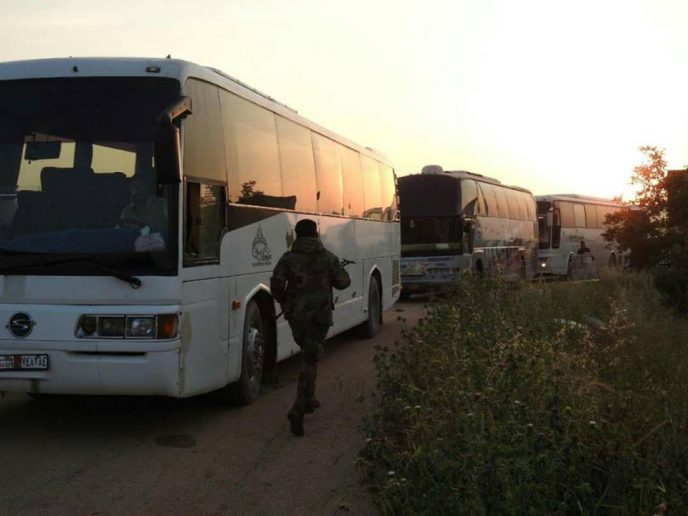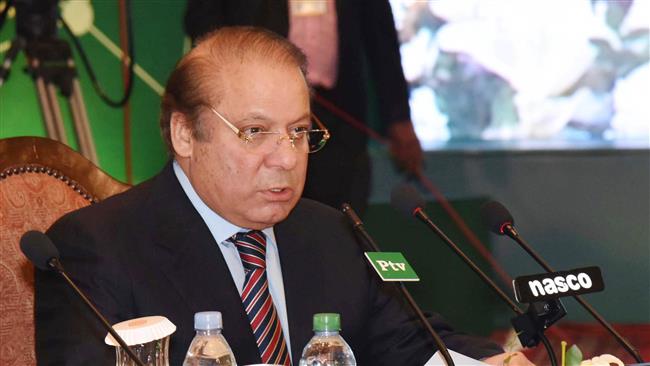Three Persian Gulf islands are inseparable part of Iran, says Foreign Ministry spokesman
Iran’s Foreign Ministry spokesman says the country will forever have full sovereignty over the three Persian Gulf islands of Abu Musa, the Greater and Lesser Tunbs.
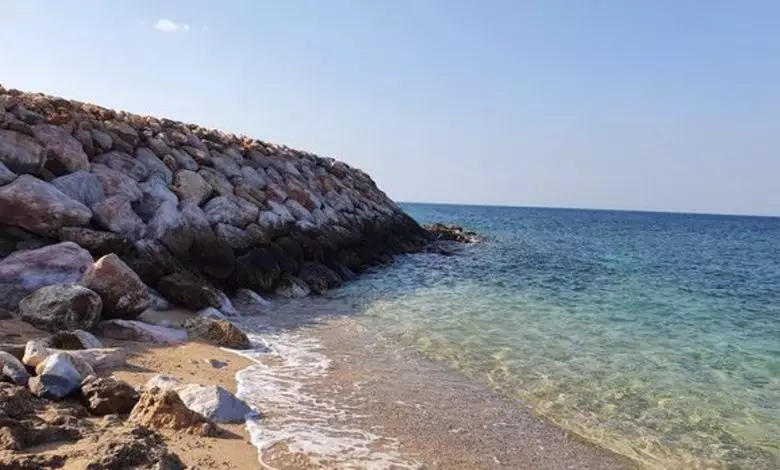
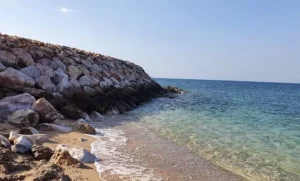
Nasser Kan’ani made the comments on Friday in reaction to the final communiqué of the 153rd session of the Persian Gulf Cooperation Council (GCC)’s foreign ministers in the Saudi capital city of Riyadh.
Dismissing the “baseless accusations” raised against Tehran in the GCC statement, Kan’ani said the three islands are an eternal and inseparable part of the Iranian territory.
Iranian officials have repeatedly emphasized that the three islands are an integral part of the country. The strategically located islands are close to the Strait of Hormuz, the world’s most important oil chokepoint.
The islands have historically been part of Iran, proof of which can be found and corroborated by countless historical, legal, and geographical documents in Iran and other parts of the world. However, the United Arab Emirates has repeatedly laid claim to the islands.
The three islands fell under British control in 1921 but on November 30, 1971, a day after British forces left the region and just two days before the UAE was to become an official federation, Iran’s sovereignty over the islands was restored.
Iran recognizes that Arabs ruled the islands for centuries, but all historical documents show that they did so from the Iranian port city of Lengheh and therefore as Iranian subjects.
‘Destructive US, Israeli policies behind regional instability’
Kan’ani also said the destructive and seditious policies of the United States and the Israeli regime, as well as miscalculations of certain regional states to allow for outsiders’ interference in the security equations of West Asia, are the main causes of instability in the region.
“It is very unfortunate that certain GCC member states insist on their old and tedious statements as well as blame game instead of taking on responsibility and rectifying their failed and ineffective policies,” he said.
The Iranian spokesman also said the Islamic Republic believes in regional cooperation without foreigners’ presence as the best way to resolve issues, enhance relations among neighboring countries, and safeguard common security and stability.
Kan’ani also welcomed the return of Kuwaiti and Emirati ambassadors to Iran and the continuation of talks between representatives from Iran and Saudi Arabia in the Iraqi capital city of Baghdad to restore diplomatic ties.
“The Islamic Republic of Iran, as in the past, underlines the need for cooperation among all regional states to improve security, stability, and peace in the Persian Gulf region,” he added.
The Iranian spokesman then urged certain regional countries to change their contradictory approaches toward Iran, reiterating that Tehran welcomes positive initiatives to improve bilateral and regional relations.
